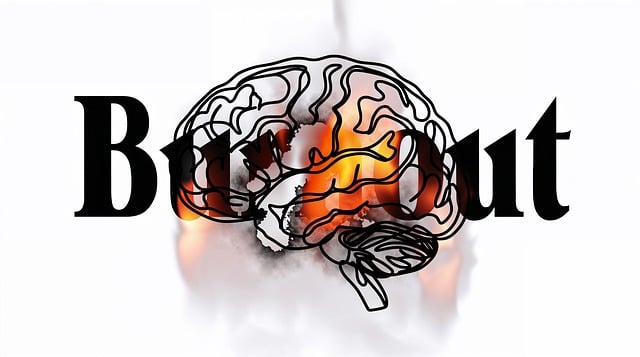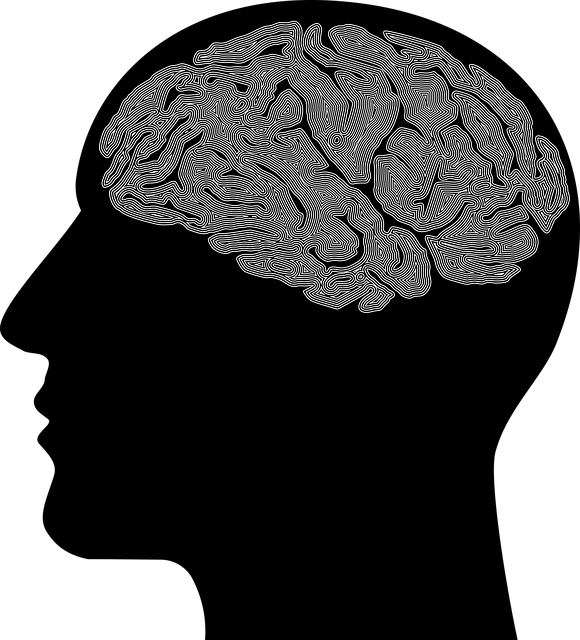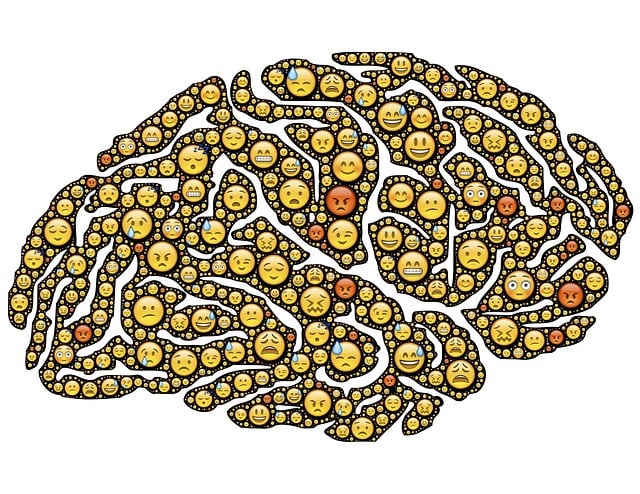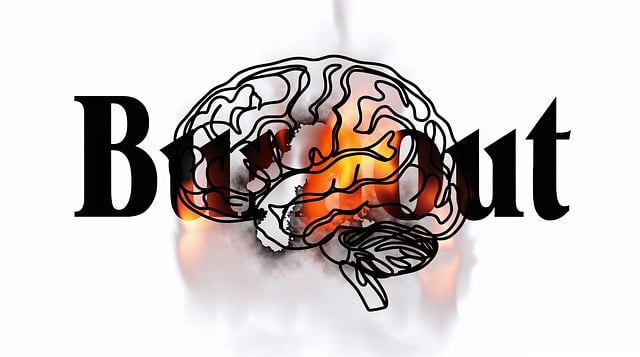Stress Management Workshops, a core component of Parker Obsessive Compulsive Disorder (OCD) Therapy, provide holistic approaches to combat stress-related issues. These workshops teach emotional regulation, self-esteem improvement, and resilience, helping individuals identify triggers and adopt personalized coping mechanisms. Facilitated by mental health professionals, they offer interactive activities, case studies, and mindfulness exercises for better knowledge retention. Tailored content, inclusive language, and individualized support create a comfortable environment, especially beneficial for OCD sufferers. By combining these methods with Mind Over Matter principles, participants develop sustainable coping mechanisms leading to improved mental health outcomes. Post-workshop initiatives like empathy building strategies, personalized communications, and burnout prevention tailored for healthcare providers ensure long-term wellness.
Stress management workshops are powerful tools for personal growth and well-being. In today’s fast-paced world, learning effective coping strategies is essential. This article explores comprehensive stress management, focusing on the transformative power of organized workshops. We delve into the science behind stress, its impact on mental health, and how interactive sessions can be tailored to meet individual needs. Additionally, we discuss innovative techniques, including Parker Obsessive Compulsive Disorder (OCD) Therapy integration, to offer enhanced support and promote lasting recovery.
- Understanding Stress and its Impact: A Comprehensive Overview
- The Role of Workshops in Stress Management
- Designing Effective Stress Management Workshops
- Incorporating OCD Therapy Techniques for Enhanced Support
- Promoting Recovery: Post-Workshop Follow-up Strategies
Understanding Stress and its Impact: A Comprehensive Overview

Stress is a universal experience that can stem from various sources, including work pressures, personal relationships, financial constraints, and health issues. While acute stress can be a motivator, chronic stress has been linked to numerous physical and mental health problems, such as heart disease, depression, and anxiety disorders, including Obsessive-Compulsive Disorder (OCD). Understanding the root causes of stress is paramount in effective management.
Stress Management Workshops Organization plays a pivotal role in equipping individuals with tools to navigate life’s challenges. These workshops often delve into techniques for emotional regulation, promoting self-esteem improvement and fostering resilience. By addressing stress holistically, participants gain insights into their triggers, learn coping mechanisms tailored to their needs, and discover sustainable strategies for maintaining mental well-being, even amidst demanding circumstances.
The Role of Workshops in Stress Management

Workshops play a pivotal role in effective stress management strategies. They provide a structured and supportive environment for individuals to learn and practice coping mechanisms tailored to their unique needs. These sessions, often facilitated by mental health professionals, offer valuable insights into understanding stress triggers and promoting emotional healing processes. By participating in interactive activities and discussions, attendees can develop personalized techniques to manage and reduce stress levels.
In the context of Parker Obsessive Compulsive Disorder (OCD) Therapy, workshops can be adapted to address specific challenges associated with OCD and related disorders. Through group interactions, participants share experiences, gain insights from peers, and learn strategies to navigate stressful situations. Community Outreach Program Implementation within these workshops further enhances support networks, enabling individuals to foster resilience and cope effectively with life’s demands.
Designing Effective Stress Management Workshops

Effective stress management workshops should be meticulously designed to cater to diverse needs and learning styles. Incorporating interactive activities, case studies relevant to real-life scenarios, and practical tools like mindfulness exercises can significantly enhance engagement and knowledge retention among participants. Tailoring content for accessibility, especially when addressing conditions like Obsessive Compulsive Disorder (OCD), is crucial. This involves using inclusive language, providing breaks for processing, and offering individualized support to ensure everyone feels comfortable participating.
Facilitators play a pivotal role in guiding discussions on emotional regulation, fostering an environment that encourages open dialogue without judgment. Leveraging the power of storytelling and sharing personal experiences can humanize complex topics like stress management, making them more relatable. Additionally, combining these approaches with the Mind Over Matter principles can empower individuals to develop coping mechanisms that are sustainable and aligned with their unique circumstances, ultimately contributing to improved mental health outcomes in both personal and professional settings, as supported by Parker OCD Therapy research.
Incorporating OCD Therapy Techniques for Enhanced Support

Incorporating techniques from Parker Obsessive Compulsive Disorder (OCD) Therapy into stress management workshops can significantly enhance support for participants. OCD is a condition that often involves intrusive thoughts and repetitive behaviors, and its treatment strategies have proven effective in managing stress and anxiety. By teaching mindfulness meditation as a core technique, workshop facilitators equip individuals with powerful tools to recognize and disrupt unhelpful thought patterns. This promotes self-awareness and encourages participants to develop resilience against stressful triggers.
Additionally, empathy building strategies derived from OCD therapy foster understanding and support within the workshop setting. Recognizing that stress can manifest differently for everyone, these approaches help group members understand and respect each other’s unique struggles. Through shared practices such as empathetic listening and compassionate self-talk, participants build a supportive community that enhances overall well-being. This inclusive environment not only strengthens resilience but also encourages the adoption of long-lasting healthy coping mechanisms.
Promoting Recovery: Post-Workshop Follow-up Strategies

After facilitating stress management workshops, promoting recovery and long-term wellness is paramount. One effective strategy involves implementing Empathy Building Strategies to foster a supportive community among participants, encouraging peer support and shared experiences. These interactions can help individuals feel understood and reduce feelings of isolation often associated with high-stress situations.
Additionally, following up with participants through personalized communications or small group check-ins allows for continued guidance and reinforcement of learned Stress Management techniques. This is especially crucial for those dealing with conditions like Obsessive Compulsive Disorder (OCD), where consistent practice and support are vital to managing symptoms. Tailored Burnout Prevention Strategies for Healthcare Providers, including self-care reminders and accessible resources, can further empower individuals to maintain their mental health and resilience over time.
Stress management workshops, incorporating techniques from Parker Obsessive Compulsive Disorder (OCD) therapy, offer a powerful tool for personal growth and improved well-being. By understanding stress impacts and designing effective sessions, these workshops can be game-changers in helping individuals navigate life’s challenges. Post-workshop follow-up strategies further enhance recovery, fostering a supportive environment that enables lasting positive changes.














